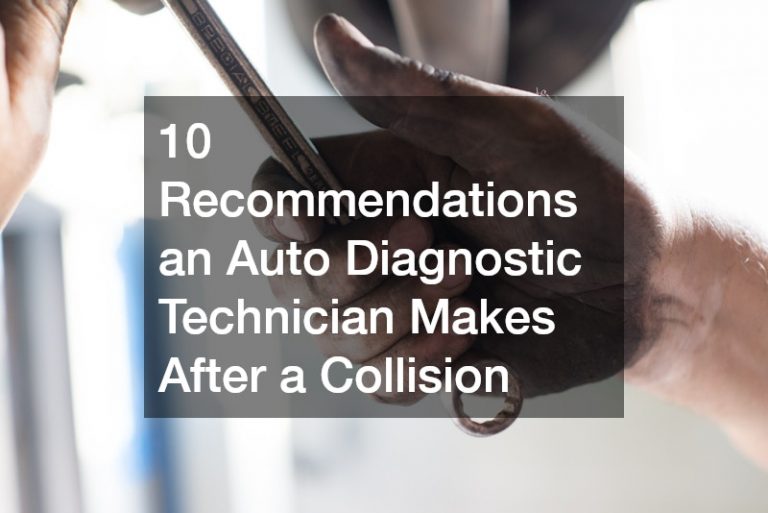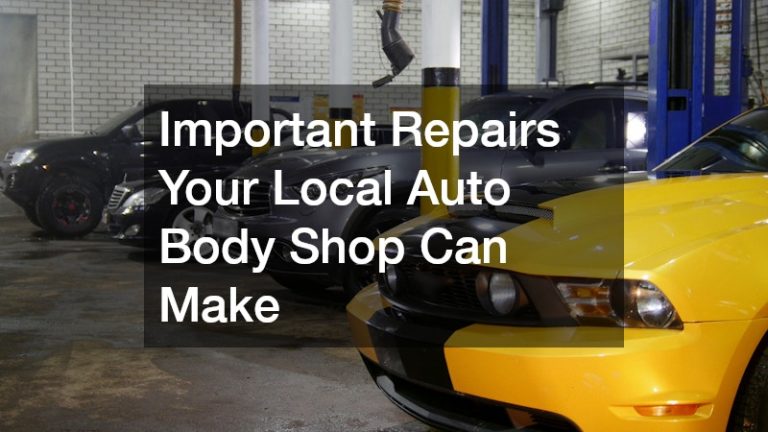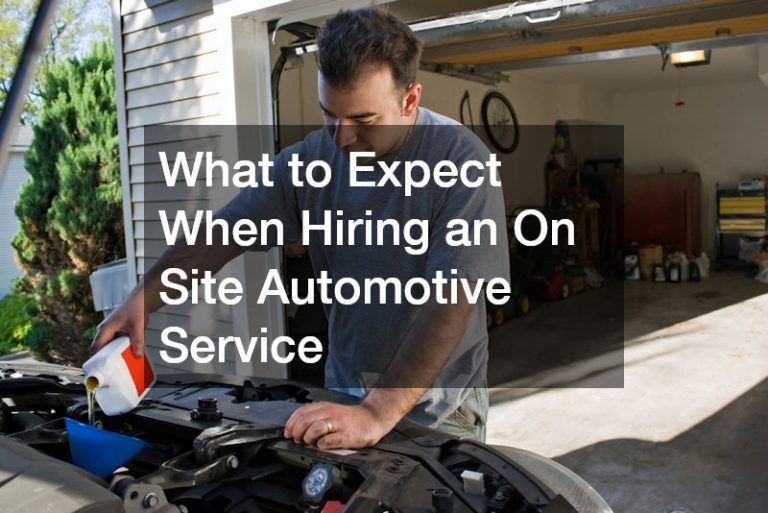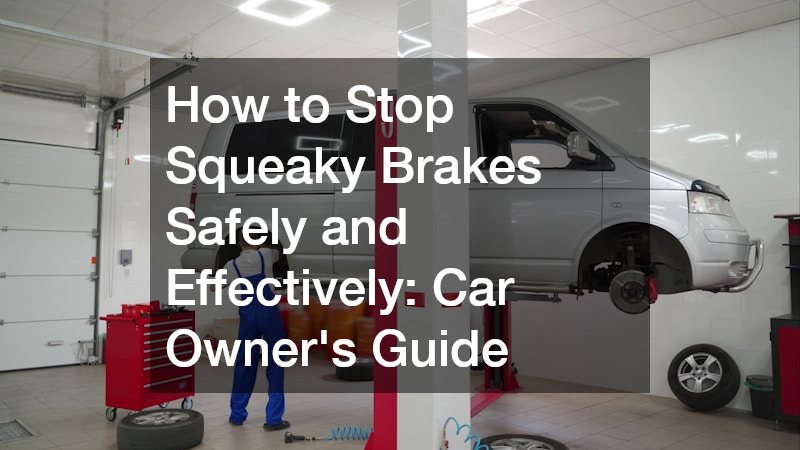

Squeaky brakes can be more than just an annoyance—they may be a warning sign of underlying issues with your vehicle’s braking system. For car owners, understanding how to address squeaky brakes is essential not only for a peaceful drive but also for your safety on the road.
This article will guide you through the causes of brake squeal, effective solutions, and long-term prevention tips. Whether you’re a seasoned driver or a first-time car owner, this guide will help you stop the squeak safely and effectively.
What Causes Squeaky Brakes in the First Place?
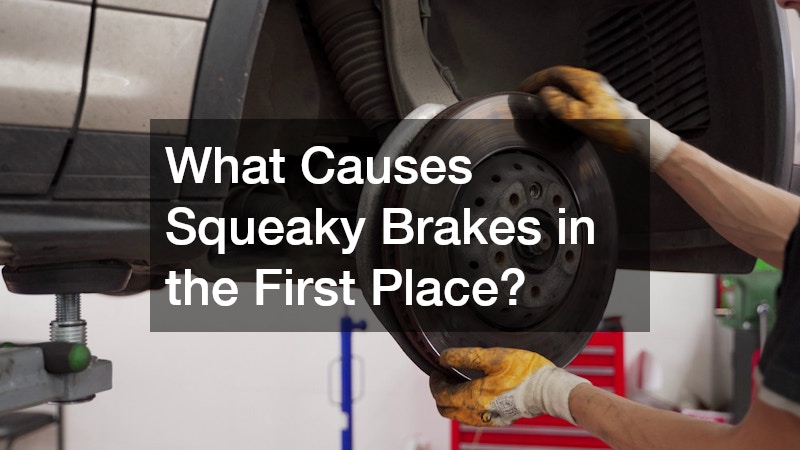
Before you can fix the problem, it’s important to understand what might be causing it. Brakes squeak for several reasons, and not all of them are serious. However, ignoring the sound can sometimes lead to bigger and more expensive problems.
Common causes of squeaky brakes include:
- Worn brake pads – The most common reason; when the pad wears down, a small metal tab makes contact with the rotor to signal replacement.
- Moisture and rust – Rain, dew, or humidity can cause surface rust on the rotors that squeak until it wears off.
- Brake dust buildup – Dust and debris between the brake pad and rotor can lead to squealing.
- Low-quality brake parts – Cheap pads or rotors may lack proper dampening or coating to reduce noise.
- Glazed rotors or pads – Overheating can cause surfaces to harden and squeak.
So if you’re wondering, “Why are my brakes squeaking?”, the answer could range from harmless moisture to more serious wear-and-tear that requires immediate attention.
How to Stop Squeaky Brakes Safely and Effectively
Dealing with squeaky brakes doesn’t always require a trip to the mechanic. Depending on the cause, there are safe and effective solutions you can try on your own. However, if the noise persists or you’re unsure, it’s always best to consult a professional.
1. Inspect and Replace Worn Brake Pads
If your brake pads are worn, replacing them is usually the most straightforward solution. You’ll know it’s time if:
- You hear a high-pitched squeal when braking
- The pads look thin (less than ¼ inch thick)
- You feel vibration or grinding while braking
Pro tip: Opt for ceramic or high-quality semi-metallic pads—they’re quieter and last longer.
2. Clean the Brake Components
Dirt, dust, and rust can all cause squeaking. Here’s how to clean safely:
- Remove the wheels to access the brake assembly
- Use a brake cleaner spray (never use water)
- Clean rotors, calipers, and pads carefully
- Let everything dry fully before reassembly
Cleaning regularly can prevent minor squeaks from becoming a major nuisance.
3. Apply Anti-Squeal Lubricant
Brake pad backing plates and caliper slides should be lubricated to reduce vibration and noise. Apply a small amount of brake-specific grease to:
- The back of the brake pads
- Caliper contact points
- Slide pins
Avoid getting any grease on the pad surface or rotor—this can dangerously reduce braking performance.
4. Resurface or Replace Rotors
Glazed or uneven rotors can cause persistent noise. If your rotors are:
- Scored or warped
- Have visible glazing (shiny, smooth surface)
- Too thin for safe driving
You’ll need to either resurface them (if thick enough) or replace them entirely.
Can the Weather Make Brakes Squeak?
Yes—weather plays a big role in brake performance. Moisture can cause surface rust on rotors overnight, which leads to squeaking when you first drive in the morning. Fortunately, this type of squeak usually goes away after a few uses of the brake pedal.
To minimize weather-related squeaks:
- Park in a garage when possible
- Drive your car regularly to keep rust at bay
- Avoid pressure washing your wheels and brakes
When Should You See a Mechanic?
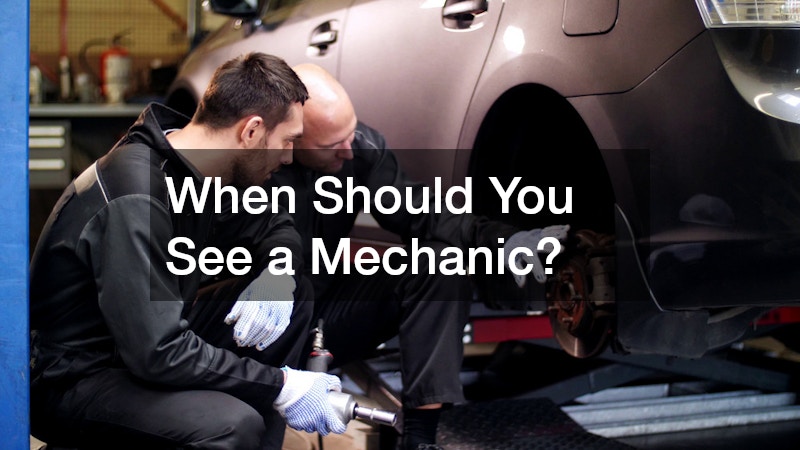
Not all brake squeals are DIY-friendly. Some signs indicate a bigger issue that needs professional help:
- Grinding noises – May indicate metal-on-metal contact
- Pulsing brake pedal – Could mean warped rotors or ABS issues
- Brake warning light – Signals a potential system failure
- Loss of braking power – Always an emergency
If you’re unsure, it’s better to play it safe and have a technician perform a full brake inspection.
Long-Term Tips to Prevent Squeaky Brakes
Once you’ve fixed the issue, you’ll want to keep it from coming back. Here’s how:
- Use high-quality parts – Cheap pads and rotors often squeak more
- Get regular inspections – At least once a year or during oil changes
- Avoid hard braking – Gradual stops extend brake life
- Keep your car clean – Wash wheels regularly to reduce brake dust
Being proactive can save you from expensive repairs and maintain peace and quiet behind the wheel.
Conclusion
Squeaky brakes aren’t just annoying—they can be an early warning sign of wear, moisture buildup, or poor-quality parts. Fortunately, with a little knowledge and the right tools, most car owners can stop squeaky brakes safely and effectively. Whether you’re replacing pads, cleaning components, or consulting a mechanic, acting early can save money and keep your car running smoothly.

